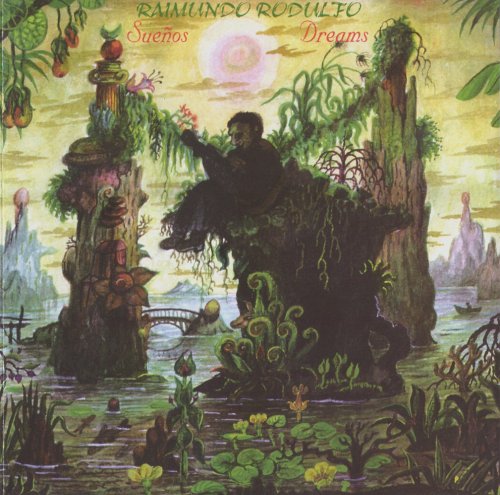Christian Scott - Christian aTunde Adjuah (2012) [Hi-Res]
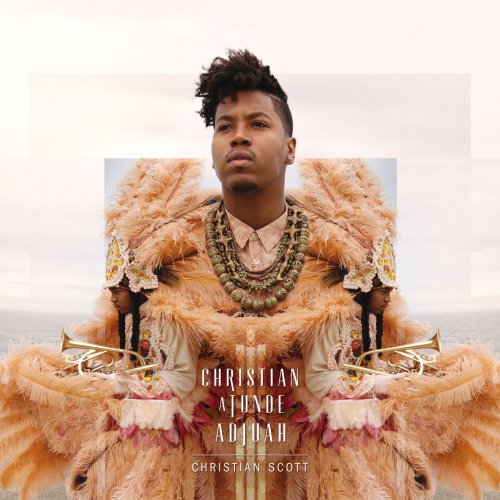
Artist: Christian Scott
Title: Christian aTunde Adjuah
Year Of Release: 2012
Label: Concord Music Group, Inc.
Genre: Jazz, Fusion
Quality: flac 24bits - 88.2kHz +Booklet
Total Time: 01:59:15
Total Size: 2.5 gb
WebSite: Album Preview
TracklistTitle: Christian aTunde Adjuah
Year Of Release: 2012
Label: Concord Music Group, Inc.
Genre: Jazz, Fusion
Quality: flac 24bits - 88.2kHz +Booklet
Total Time: 01:59:15
Total Size: 2.5 gb
WebSite: Album Preview
---------
CD1
01. Fatima Aisha Rokero 400
02. New New Orleans (King Adjuah Stomp)
03. Kuro Shinobi (Interlude)
04. Who They Wish I Was
05. Pyrrhic Victory Of aTunde Adjuah
06. Spy Boy / Flag Boy
07. Vs. The Kleptocratic Union (Ms. McDowell’s Crime)
08. Kiel
09. Of Fire (Les Filles De La Nouvelle Orleans)
10. Dred Scott
11. Danziger
CD2
01. The Berlin Patient (CCR5)
02. Jihad Joe
03. Van Gogh (Interlude)
04. Liar Liar
05. I Do
06. Alkebu Lan
07. Bartlett
08. When Marissa Stands Her Ground
09. Cumulonimbus (Interlude)
10. Away (Anuradha & The Maiti Nepal)
11. The Red Rooster
12. Cara
As an artist, I am always attempting to do things that haven't been done. This goes beyond simply trying to be adept at something. It requires the ability to revisit past thought processes while considering new landscapes, along with continuously re-defining oneself through failures as much as successes. Regardless of the path taken, I have found one of the biggest challenges for an artist – especially a younger one– can be learning how to navigate others' imposing their thoughts or opinions of what artists should and should not do. Be it from those who consider themselves experts on the process, or those who just like to comment or judge. Over time I have learned that people will always have opinions and will always seek opportunities to express those thoughts and sentiments. Yes, those critical offerings can be distracting, and yes, they can inhibit an artist from concentrating on his or her craft. However, experience has informed me that the interpretations of others are valid unto themselves and can be used to learn more about people. I don’t make music as a means of forcing my vision onto others. My music is meant to communicate and it’s OK if the communication moves from artist to listener and back again. In my view, a necessary step in the maturation of any artist is the development of the ability to be objective about someone else’s reaction to their work. I feel a wider vision and understanding of music, and oneself, can be gained if artists allow this concept to become part of their artistic process. I recall an evening, after a gig, on Frenchman Street in New Orleans. I was hanging with a group of my elders who were complaining that they felt swing rhythms and bebop phrasing were missing from the music of my generation. They felt that what we were creating should not be called Jazz. I asked if any of them had considered King Oliver, Jelly Roll Morton, Kid Ory, Baby and Johnny Dodds, or Pops to be Jazz musicians. “Yes, of course!” they replied. I asserted, that based on their previous argument, none of those men should be considered Jazz musicians since their contributions predate swing AND bebop. I asked if they had considered the younger generation’s way of approaching those same musical elements could simply be less linear and packaged differently from what they were accustomed to hearing. They said they had considered it, but stuck with their collective opinion. At the crux of their argument is the same preoccupation with defining Jazz that has been part of the music since it was first called “Jazz.” The whole matter rests on the line that separates the word “Jazz” as a definition as opposed to a description. Using the term to describe my work is fine by me (however, just because it can be said that my work is inherently Jazz does not mean that it is exclusively Jazz). It is also important to note the fundamental difference between a definition and a description. When one defines some thing, they are forcing it to exist within the confines of its explanation. A description, on the other hand, is a discourse intended to give a mental image of an experience or an account of the relevant characteristics or qualities of something. So, in this sense, Jazz as a definition separates, excludes, and misses out on being open and free to grow. In my opinion, it's freedom that actually defines Jazz and has given new life to the form. To the ears of those earlier referenced veterans, what came before had value and therefore had to be respected. I feel it’s just as important to be open to what is coming next and that each generation should have a chance to create and contribute something of their making.
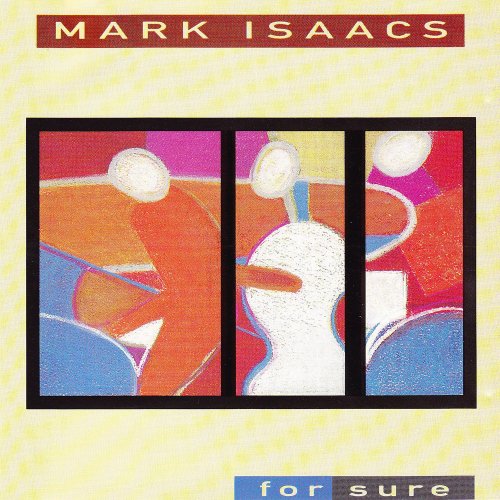
![David Hillyard & The Rocksteady Seven - Home For Dinner (2026) [Hi-Res] David Hillyard & The Rocksteady Seven - Home For Dinner (2026) [Hi-Res]](https://img.israbox.com/img/2026-02/19/i90pm6wt5icib19ylzpzq7dyv.jpg)
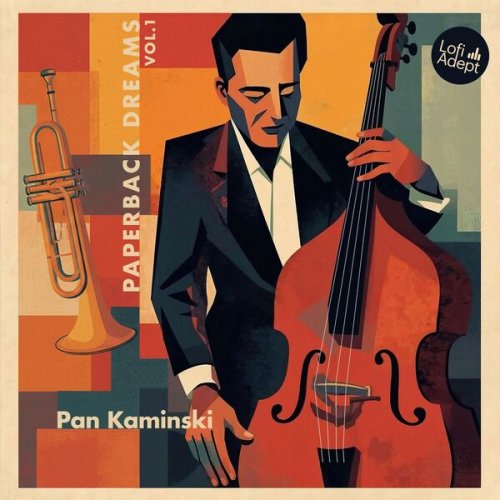
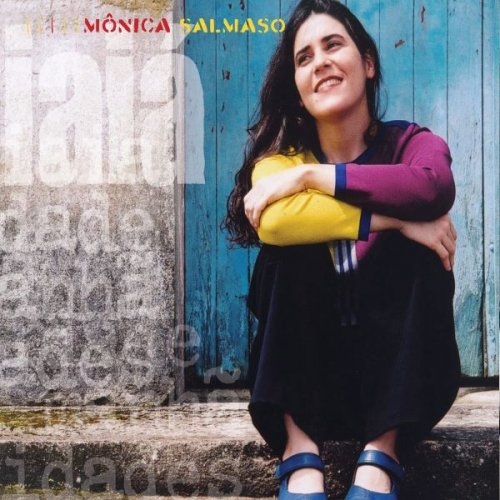
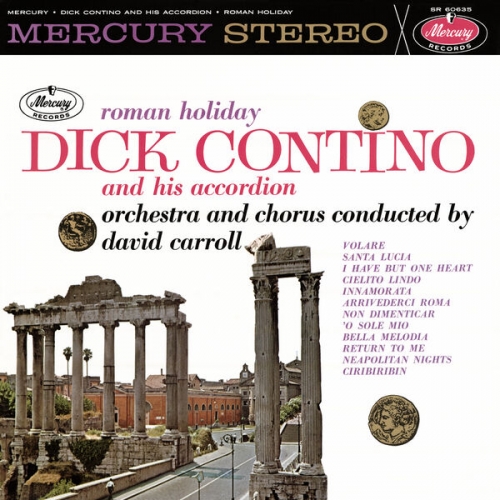
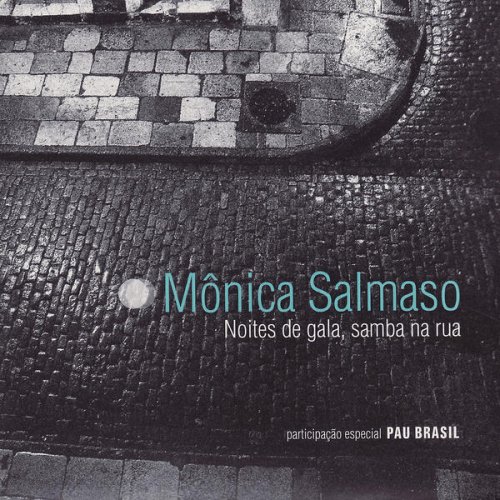
![Anna Kolchina - Reach for Tomorrow (2026) [Hi-Res] Anna Kolchina - Reach for Tomorrow (2026) [Hi-Res]](https://img.israbox.com/img/2026-02/19/quc4em3qn6fgke1rwewkbdxg5.jpg)
![Karsten Vogel - Late Night Ballads (2026) [Hi-Res] Karsten Vogel - Late Night Ballads (2026) [Hi-Res]](https://www.dibpic.com/uploads/posts/2026-02/1771430081_n5uklrl79ymhl_600.jpg)
